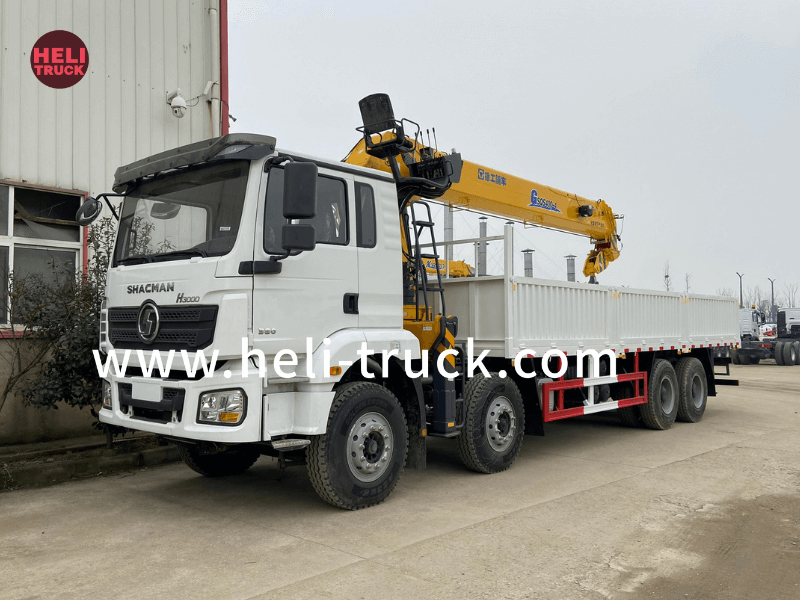The Weight of Garbage Compactor Trucks A Comprehensive Analysis
Introduction: Garbage compactor trucks play a crucial role in waste management systems around the world. These specialized vehicles are designed to collect and compact solid waste, making it easier to transport and dispose of. One key aspect of garbage compactor trucks that often goes unnoticed is their weight. In this article, we will delve into the world of garbage compactor truck weight, exploring the various factors that influence it and its significance in the waste management industry. Understanding Garbage Compactor Trucks: Before we dive into the weight of garbage compactor trucks, it is important to understand how these vehicles operate. Garbage compactor trucks come in different sizes and configurations, but they all serve the same basic purpose – to collect, compact, and transport solid waste. These trucks are equipped with a compactor mechanism that compresses the garbage, reducing its volume and making room for more waste to be collected. Factors Influencing Garbage Compactor Truck Weight: The weight of a garbage compactor truck can vary significantly depending on several factors. One of the primary factors that influence the weight of these vehicles is their size and capacity. Larger trucks with a higher compaction capacity will naturally weigh more than smaller ones. Additionally, the materials used in the construction of the truck, such as steel and aluminum, can also affect its overall weight. Another important factor that contributes to the weight of garbage compactor trucks is the type of waste being collected. Different types of waste have varying densities, with heavier materials such as construction debris adding more weight to the truck. The frequency of waste collection and the distance traveled by the truck also play a role in determining its weight. Significance of Garbage Compactor Truck Weight: The weight of garbage compactor trucks is not just a technical detail – it has practical implications for waste management operations. Understanding the weight of these vehicles is crucial for ensuring that they comply with transportation regulations and safety standards. Overloading a garbage compactor truck can not only damage the vehicle but also pose a safety hazard on the road. Moreover, the weight of garbage compactor trucks affects fuel efficiency and operational costs. Heavier trucks consume more fuel, leading to higher operating expenses for waste management companies. By optimizing the weight of their fleet, these companies can reduce fuel consumption and minimize their environmental impact. work truck for sale and Standards: In many countries, there are strict regulations governing the weight of commercial vehicles, including garbage compactor trucks. These regulations are in place to ensure road safety and protect infrastructure from damage caused by overloaded trucks. Garbage compactor truck operators must adhere to weight limits set by authorities and regularly inspect and maintain their vehicles to prevent overloading. In addition to legal requirements, there are industry standards and best practices that guide the design and operation of garbage compactor trucks. Manufacturers of these vehicles must adhere to safety standards and guidelines to ensure the structural integrity and performance of their products. Regular inspections and maintenance are essential to keep garbage compactor trucks in optimal condition and prevent accidents. Innovations in Garbage Compactor Truck Design: As technology advances, so does the design of garbage compactor trucks. Manufacturers are constantly looking for ways to improve the efficiency and sustainability of these vehicles. One area of innovation is the use of lightweight materials in truck construction, which helps reduce overall weight without compromising strength and durability. Another trend in garbage compactor truck design is the integration of smart technology and telemetry systems. These systems allow operators to monitor the weight of the truck in real-time, ensuring that it stays within safe limits. Telemetry data can also be used to optimize route planning and waste collection schedules, leading to more efficient operations. Conclusion:  The weight of garbage compactor trucks is a critical aspect of waste management that impacts safety, efficiency, and cost-effectiveness. By understanding the factors that influence truck weight and complying with regulations and standards, waste management companies can ensure the smooth operation of their fleet. Innovations in truck design and technology continue to drive improvements in the industry, making garbage compactor trucks more sustainable and effective in managing solid waste.
The weight of garbage compactor trucks is a critical aspect of waste management that impacts safety, efficiency, and cost-effectiveness. By understanding the factors that influence truck weight and complying with regulations and standards, waste management companies can ensure the smooth operation of their fleet. Innovations in truck design and technology continue to drive improvements in the industry, making garbage compactor trucks more sustainable and effective in managing solid waste.